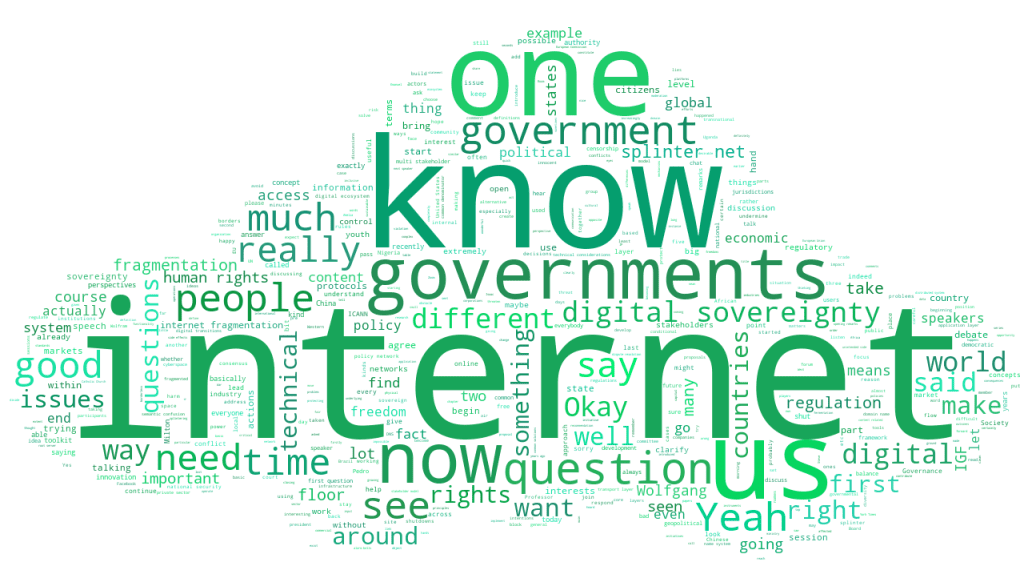Balancing digital sovereignty and the splinternet
1 Dec 2022 08:15h - 09:45h
Event report
Internet fragmentation and the notion of the splinternet are at the core of current discussions on internet governance. Simultaneously, a discourse is emerging to support the need to foster state and individual digital sovereignty. This session discussed the interplay between digital sovereignty and the splinternet.
Although no clear consensus is yet available on how to define and frame the process of internet fragmentation, experts generally agree that it can be observed at different layers of internet architecture.
Fragmentation is still not a major threat at the transport layer of the internet, despite attempts by a few state actors, such as China with New IP, to re-design core internet protocols. Although it is not a major threat in the short-term, in the medium term it is possible that an actual splintering of the internet could occur across different regions of the world, which could exacerbate political and economic fragmentation.
Aside from technical developments, the speakers of this session also referred to the increasing interventions of governments in regulating the internet. Some warned that policymakers should be careful not to introduce national or regional legislation that could create territorially bound obligations for critical global internet resources, as illustrated by the recent negotiations in the EU of the NIS 2 directive on cybersecurity. This demonstrates the need to carefully assess the effects of new laws on internet architecture. To foster digital sovereignty, state actors can be tempted to intervene directly at the infrastructure level, and thus risk hindering the global and open nature of the internet. Thus, one can argue that digital sovereignty can be conducive to internet fragmentation.
Regarding content, it appears that fragmentation at the application layer of the internet can occur, although no clear consensus exists on whether this should be framed as internet fragmentation. While some experts view the fragmentation of internet content as unwelcome and problematic as it hinders freedom of expression online and creates effectively different public spheres, others argue that the fragmentation of internet content is necessary to protect citizens against harmful online content and propaganda. These debates underscore the need for further discussions on how to define internet fragmentation, before discussing how to address it.
By Clement Perarnaud
The session in keywords
Related topics
Related event


